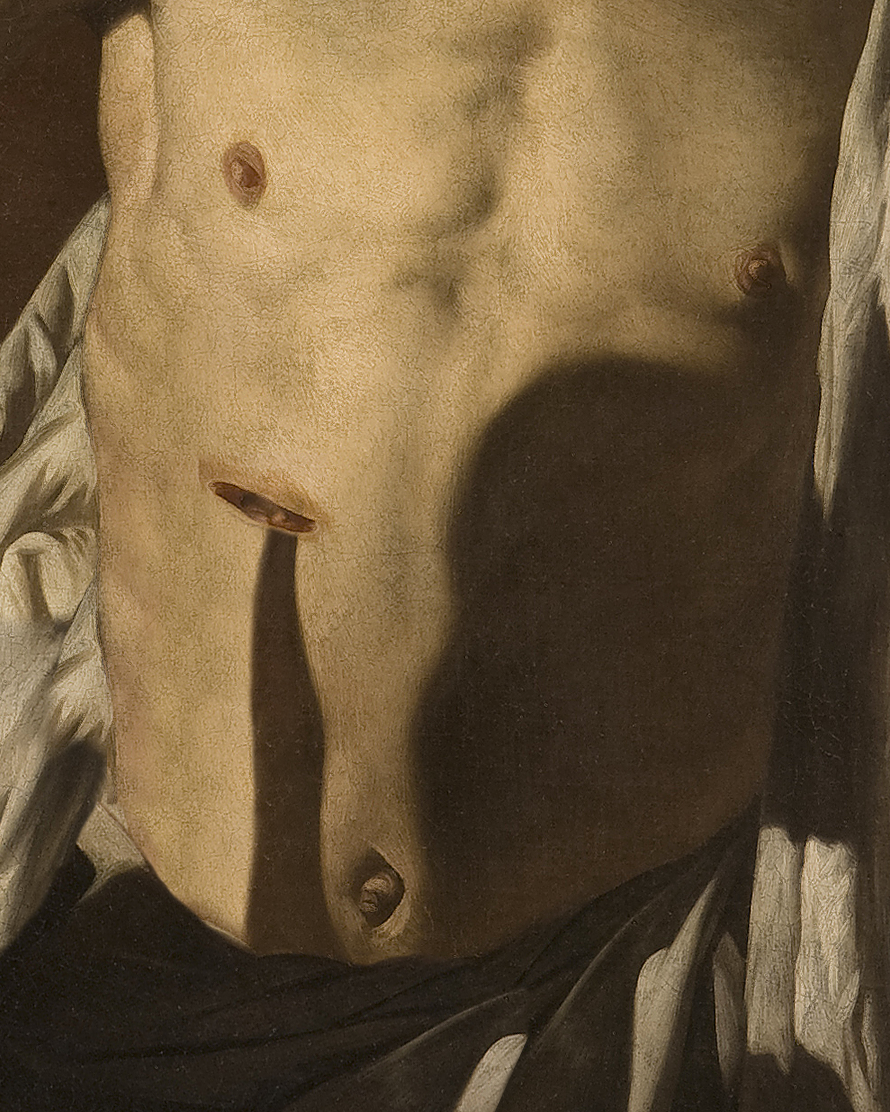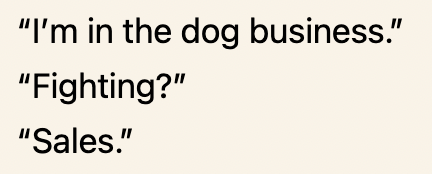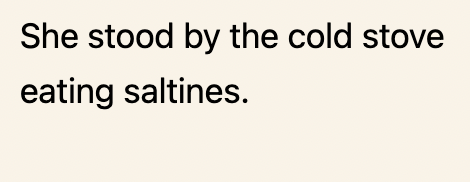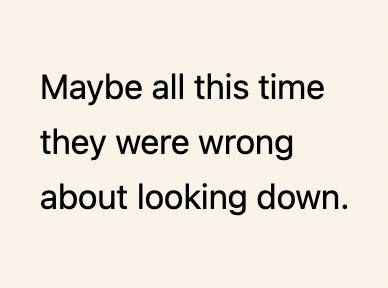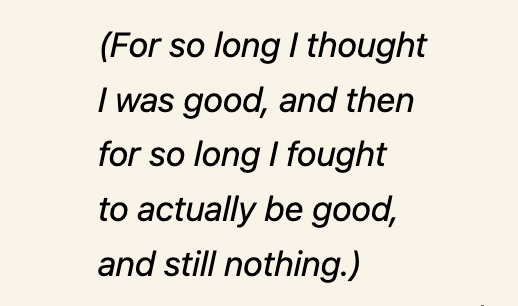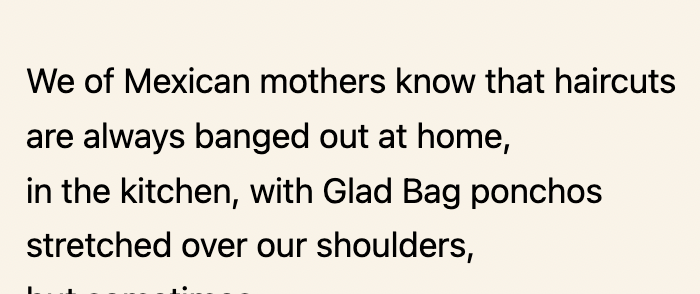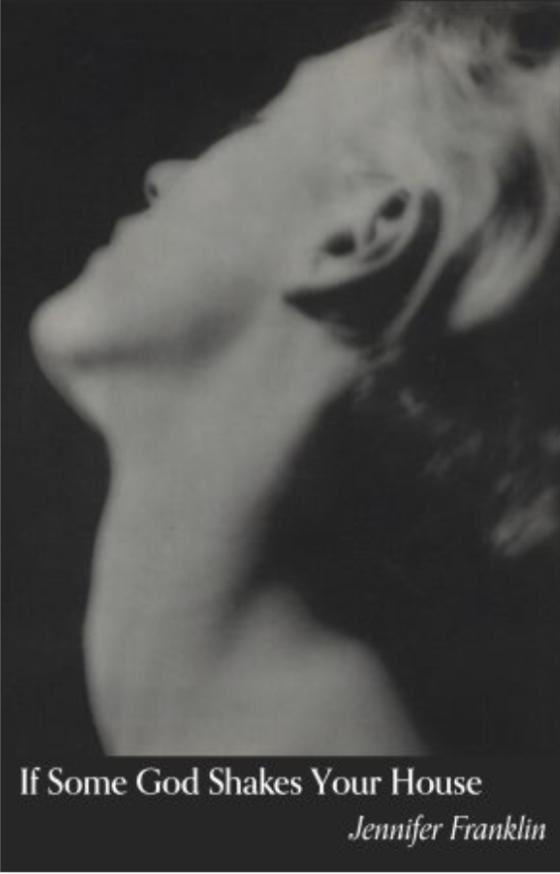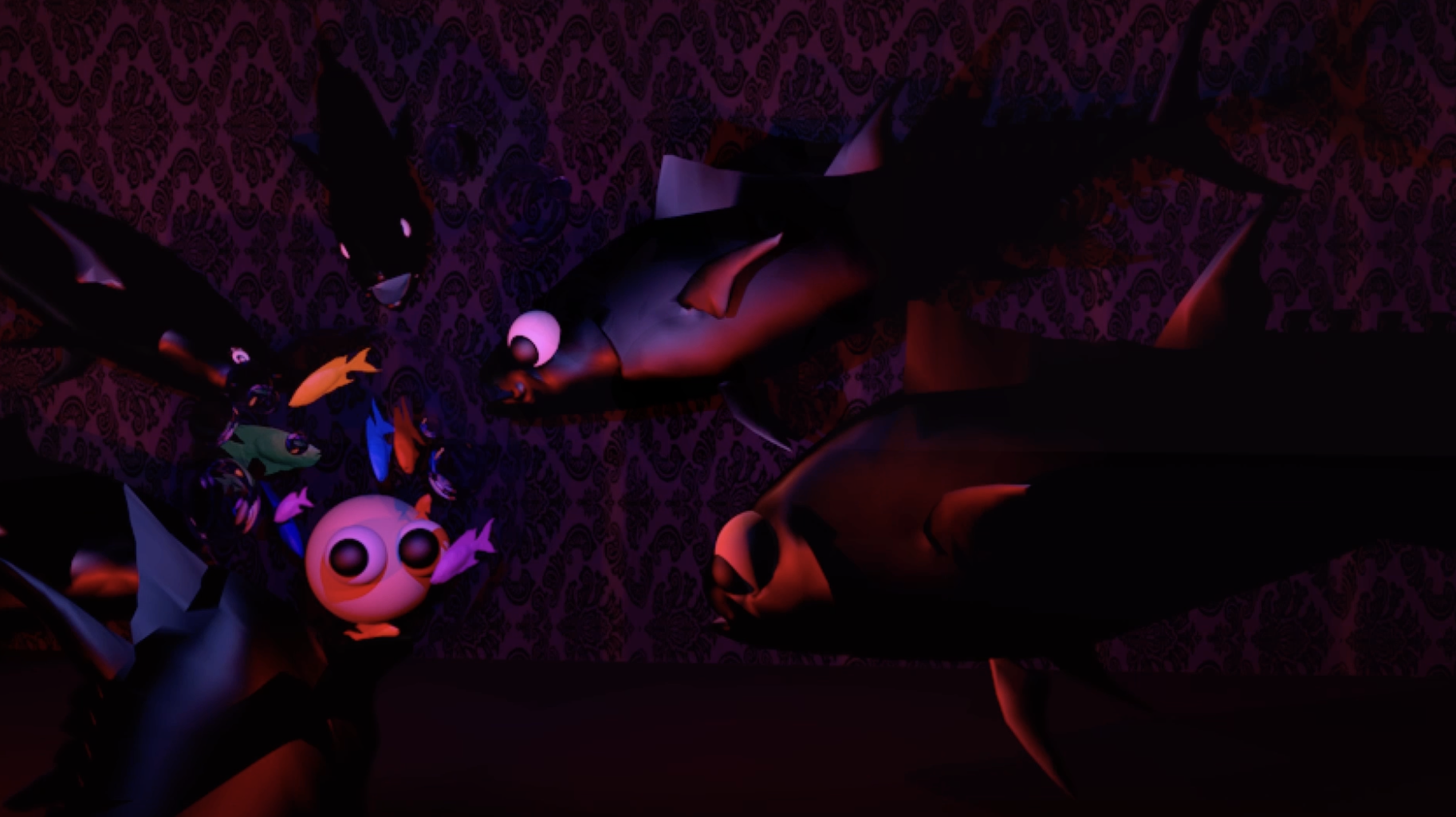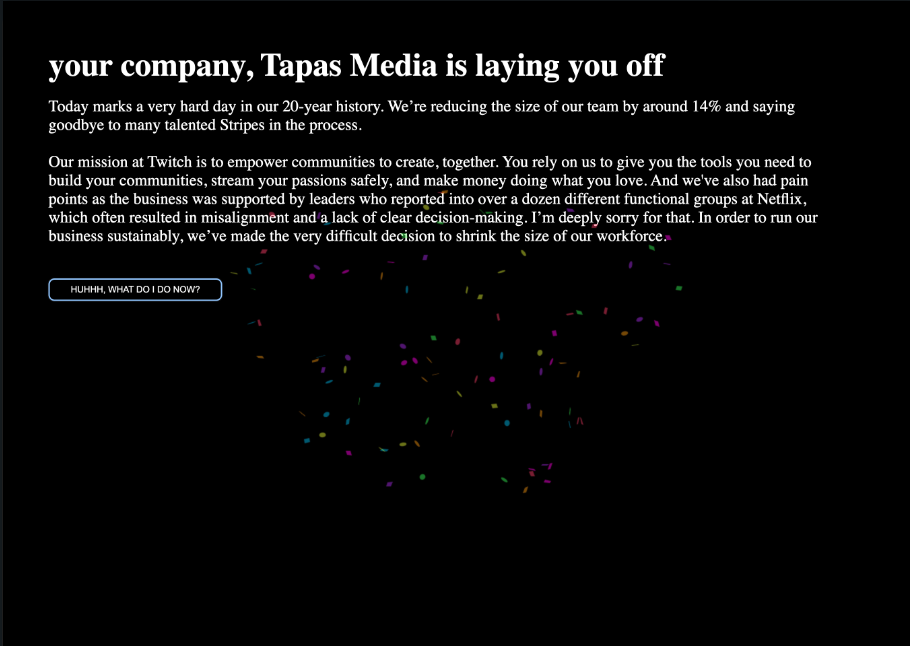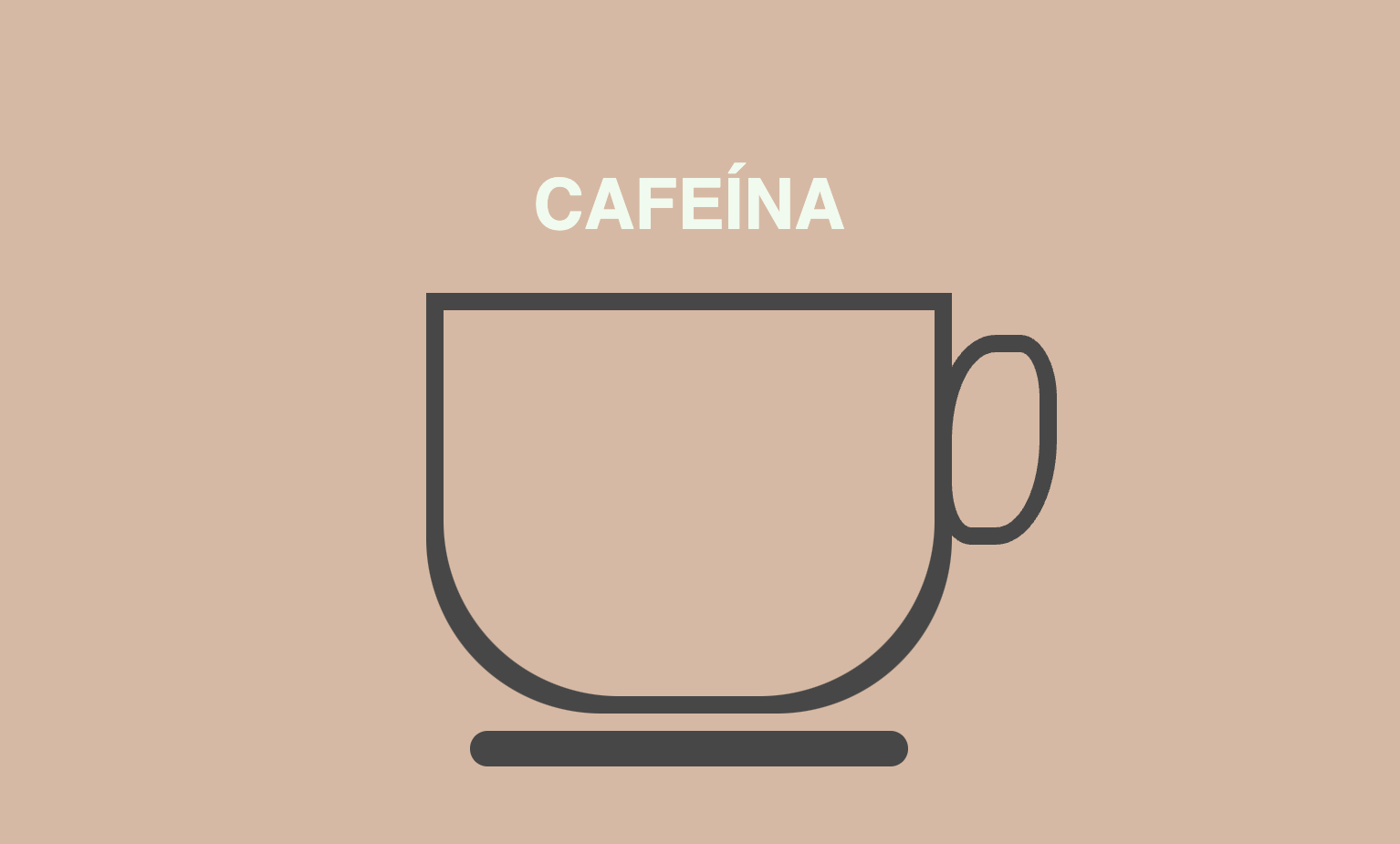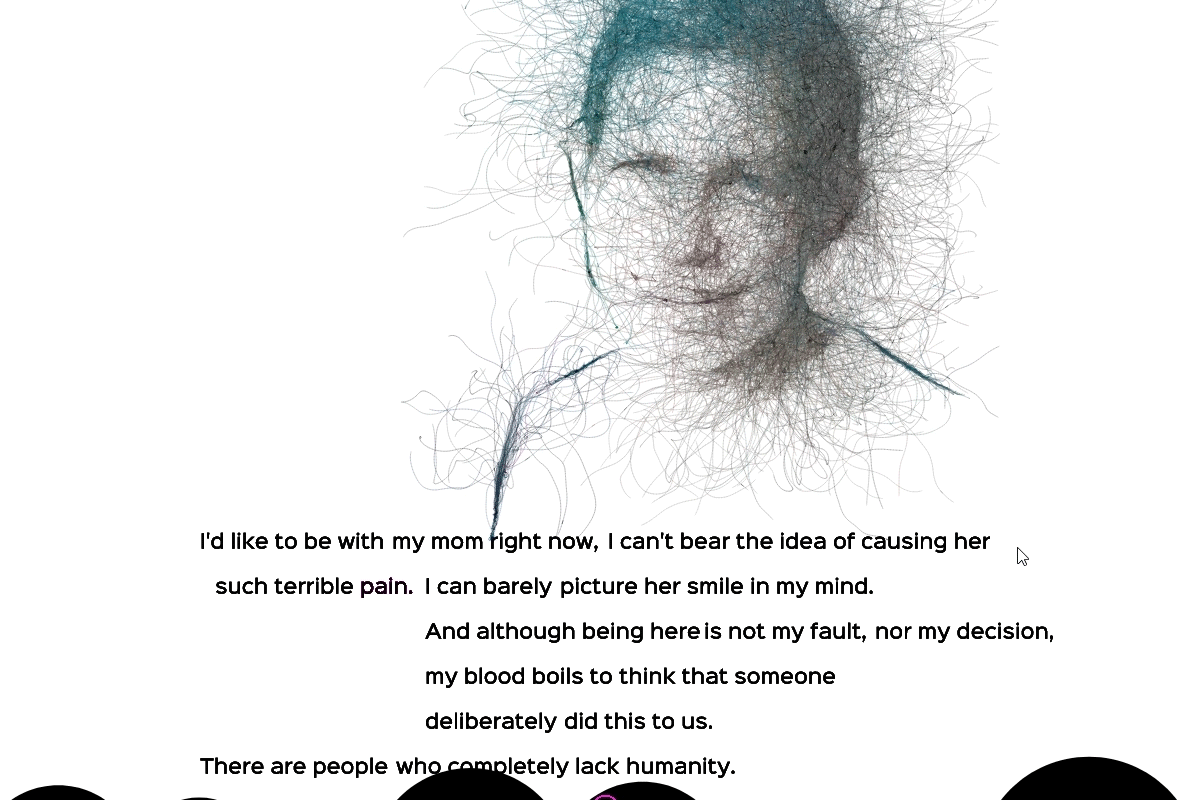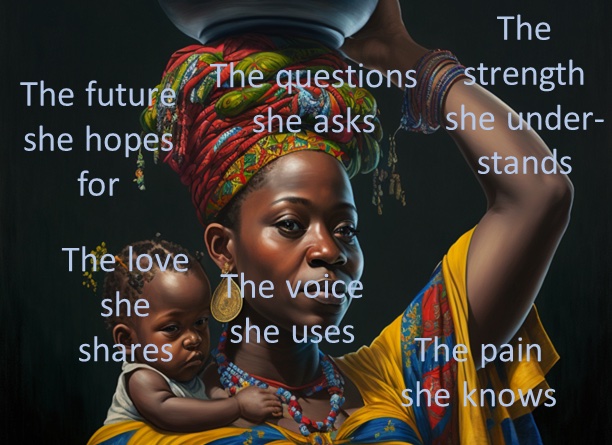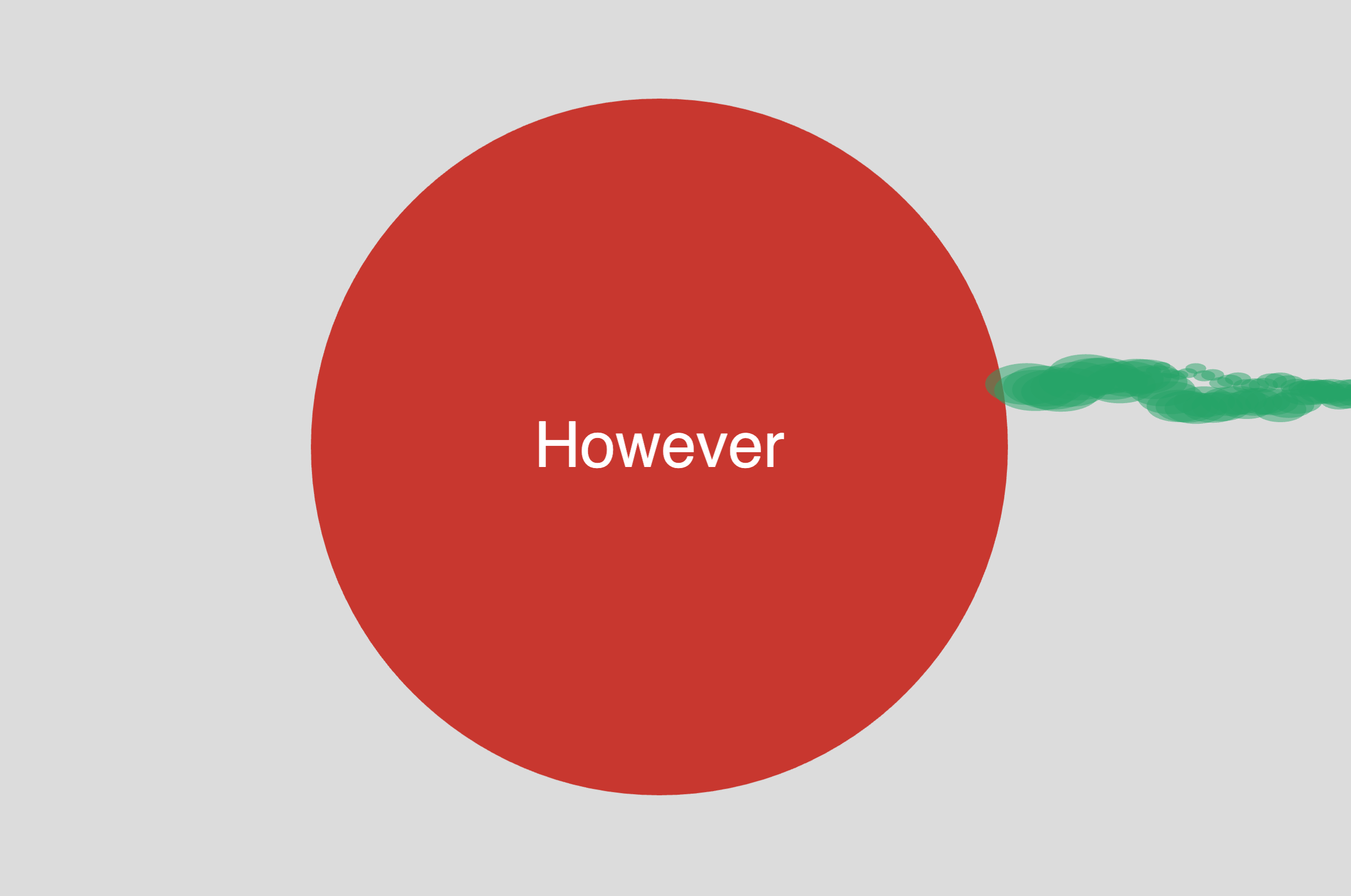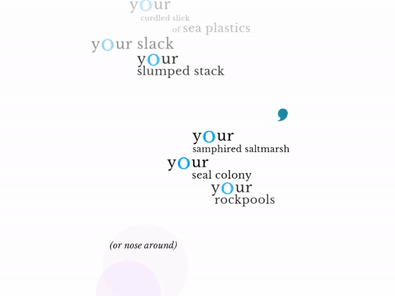Fall 2020 Editor’s Note
By John Darcy and Kira Homsher
Last March, halfway through assembling the Spring 2020 issue of The New River, we had to adjust to a fully online mode of collaboration. Between then and now, though a tremendous amount has changed, our mission has remained the same. Since its foundation, The New River has devoted its platform to emerging and established artists exploring the intersection of digital art and literature. The COVID-19 pandemic has shed new light on what it means to run a digital journal, especially at a time when so many of our daily interactions and responsibilities have, by necessity, shifted to the digital realm.
The work we have selected for our Fall 2020 issue helps us come into a deeper understanding of how this current period of crisis strips bare long-standing inequities and injustices, calling us to exercise a cache of empathy and compassion we might have never known before. These pieces demonstrate how art can be a guiding force through even the most turbulent times, pushing us beyond our private quarantine bubbles and back into the world, where art and creativity persist.
“Infinite Worries Bash” by Caitlin Foley & Misha Rabinovich quite literally hands a bat to the audience, allowing us to strike the intangible mass of worries, both individual and collective, brought on by this pandemic. Users can even record and bash their own worries by sending a voice message to the “Worries Collection Portal.” In this piece, a cacophony of disparate voices chime in with each swing of the bat, drawing you into a shared space where anxieties reach a fever pitch before exploding into pieces which scatter to the pixelated wind.
Tina Escaja’s “Robopoem@s” are spider-like creatures, many-legged. In Tina’s words, they bring to the forefront of the viewer’s mind a number of existential questions: What makes a creator? What makes a creature? The poems themselves are translations which, when brought fully to life through the Blippar AR app, speak volumes to the interconnectedness of our techno-global world in such a spectrally uncanny way as to leave the viewer stupefied. This is what stood out to us editors––when the threads which make up the web of the world become so glaringly apparent, as they have during this pandemic, art that seeks to demystify and deconstruct those threads becomes startlingly necessary.
In her “V[R]erses” project, Mez Breeze, an experimental storyteller and VR connoisseur, presents a series of stories housed in “storyboxes” that can be experienced in 3D or Virtual Reality. The three-dimensional aspect of these V[R]erses gives the audience a renewed perception of the possibilities of digital literature, marrying image and text to interpret microstories through the bodies of strange creatures and monsters. What then is to be made of these strange creatures? In a sense, they turn out to be a mirror for our times. As editors, we found a prescient association between these V[R]erses and our quarantined lives. These are monsters out there, surely. But Mez Breeze’s work tells us to look closer so that, if we’re lucky, we might be able to make something of the darkness.
In what the managing editors have come to call the “Cloud Poems,” Ella Rosenblatt, a Dutch-American writer, designer, and artist, devises a creation of cloud-gazing intensity. Through an interwoven quilt of poetry and sky, Ella accomplishes, in our view, two opposing goals at the same exact moment. Gorgeously constructed and written, this project offers the reader a period of respite and calm. In today’s world of screen time and hyper-connectedness, where attention has become a commodity and our lives are spent stressfully indoors, this is no small feat. And yet, like any good poem, these “Cloud Poems” are calls to action. Mesmerizing in their quiet energy, they ask us to take responsibility for what we give our attention to. As Thomas Merton writes, “I myself am part of the weather and part of the climate and part of the place, and a day in which I have not shared truly in all this is no day at all.” Ella Rosenblatt’s “Cloud Poems” tell us, in essence, to look up.
We hope you enjoy this issue as much as we have enjoyed putting it together. The New River continues to be thrilled to support literature & art that can be enjoyed from a safe, socially responsible distance!
